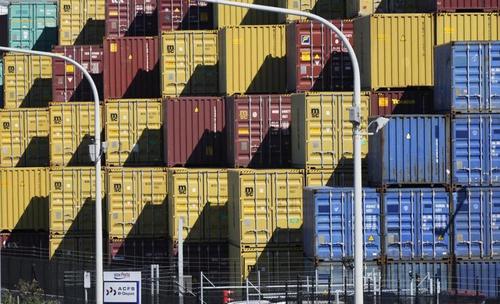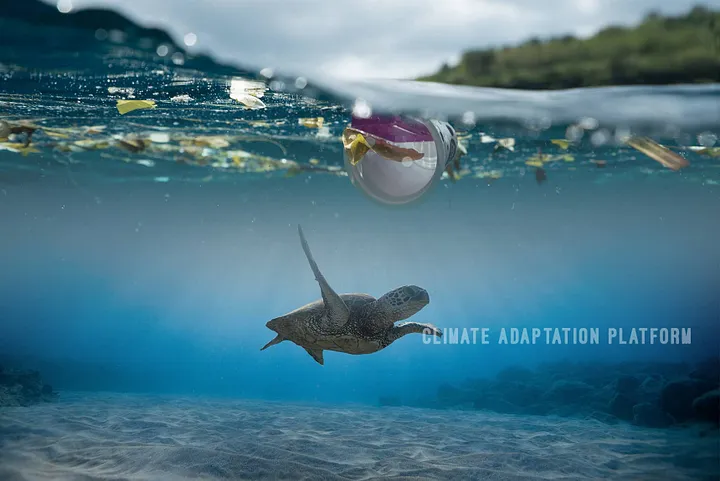411
Global Carbon Tax on Shipping Nears Reality as IMO Debates Climate Measures

The world may soon see its first-ever global carbon tax—and it could come from the shipping industry.
On the final day of high-stakes negotiations in London, delegates from 174 member states of the International Maritime Organization (IMO) are expected to decide whether to adopt a landmark carbon tax on emissions from international shipping.
If agreed upon, the tax would be a historic step toward decarbonizing a sector that accounts for about 3% of global emissions, according to the United Nations.
A Historic Turning Point
The idea of a carbon tax has been on the table for years. But this week’s meetings of the IMO’s Marine Environment Protection Committee have been especially significant. The organization has already committed to reaching net-zero greenhouse gas emissions from international shipping by 2050, and delegates are now under pressure to outline exactly how.
One proposal gaining traction is a fixed tax per metric ton of carbon emissions, backed by over 60 countries including small island states most vulnerable to climate change. These nations, led by the Pacific Islands, argue that urgent and decisive action is necessary to ensure their survival.
“This is an industry that is seeing climate change every day and can’t easily walk away from it,” said Mark Brownstein of the Environmental Defense Fund.
Debate Over the Mechanism
However, not all countries are on the same page. China, Brazil, South Africa, and Saudi Arabia, all with significant shipping interests, have opposed the fixed levy. Instead, they propose a credit trading system, allowing companies to offset emissions rather than pay a flat tax.
Negotiators have also floated a hybrid approach—a compromise that may include elements of both models.
Despite these differences, environmental advocates remain hopeful. On Thursday, delegates approved the designation of a new emissions control area in the North-East Atlantic Ocean, a move praised by green groups as a sign of progress.
US Stance: On the Sidelines
In a move that has drawn criticism from climate activists, the United States did not participate in the London negotiations. The Trump administration has opposed any mandatory emissions fees for shipping, citing concerns over inflation and the economic burden on American vessels. It warned that such measures could result in retaliatory economic actions.
Why This Matters
Shipping is the backbone of global trade, moving over 80% of the world’s goods. But as vessels grow larger and more powerful, they consume massive amounts of fuel, contributing significantly to climate change. Any effective regulation in this sector could have a major global impact.
IMO Secretary-General Arsenio Dominguez said last week that these meetings will “set the course for a net-zero future for the maritime sector.”
If an agreement is reached today, formal adoption could follow in October, with the carbon tax likely taking effect in 2027.
{Source: }
Follow Joburg ETC on Facebook, Twitter , TikTok and Instagram
For more News in Johannesburg, visit joburgetc.com


























